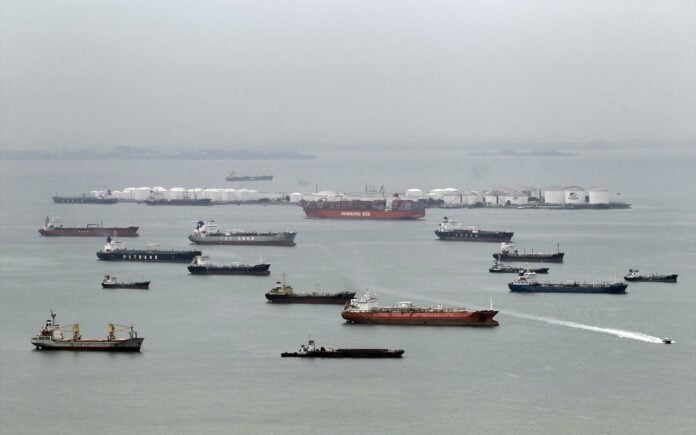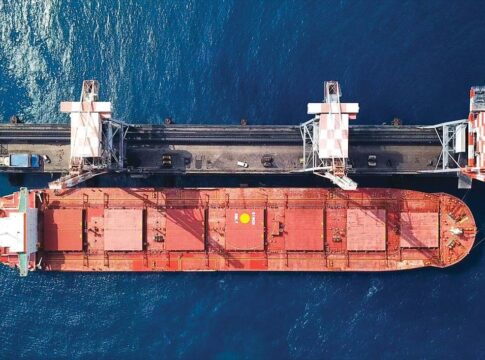The current year is expected to be a record year for the pure car carrier market. According to Clarksons latest estimates, sea transport of cars will grow by 17% this year to 23.7 million cars, surpassing the record of 21.5 million cars in 2018, as Chinese exports continue to grow (more than 4 million cars this year) and production in other key countries recovers from component shortages that held back volumes in 2021-22.
Overall, car trade volumes are expected to be 12% above pre-Covid levels this year, and 19% in terms of car-miles.
Demand has also risen for other reasons, including the growing share of trade for larger and heavier electric and hybrid vessels (29% this year, up from 9% in 2019).
These trade trends overshadow the modest fleet expansion of just 2% since 2019.
Greece
In Greece, the Neptune group is active in this sector. The company in September announced the order of two new generation ships, specially designed for short distances.
The 4,200 CEU dual-fuel PCTCs will be built by China’s Fujian Mawei shipyard and are expected to be delivered in 2026.
The new vessels, which are part of the Genesis project, are the first two in a new series reflecting Neptune’s strategy to strengthen its fleet over the next decade, increase its carrying capacity by 36% and reduce emissions in order to be better prepared for global environmental goals.
Both ships have hybrid power systems, designed and built to use batteries to provide peak power and are dual-fuel, capable of utilizing LNG or VLSFO as fuel for reduced greenhouse gas (GHG) emissions.
Their design has been developed jointly with Deltamarin, with Norwegian classifier DNV undertaking their classification.
According to market information, the Greek group is also looking for new ships that will use green fuels.














